Being the 10th leading cause of death in the world, and the second leading cause of death among young people aged 15-29, suicide represents a significant public health concern, with extensive societal, emotional, and economic repercussions. The current global estimate suggests an alarming annual occurrence of over 700,000 suicides, and it is essential to recognize that each suicide deeply impacts a multitude of individuals.
World Suicide Prevention Day, observed on September 10th every year, serves as a global call to action to raise awareness about suicide, its prevention, and the importance of mental health. Inaugurated in 2003 through the joint efforts of the International Association for Suicide Prevention and WHO, this day encourages open conversations, promotes understanding, and empowers individuals and communities to take action conveying the significant message: suicides are preventable.
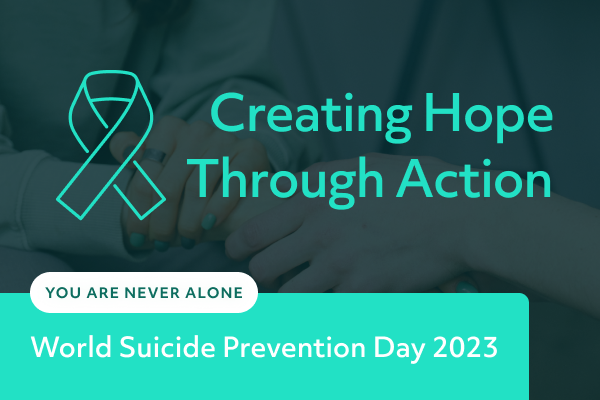
“Fostering Hope Through Action.” is the triennial theme for World Suicide Prevention Day spanning 2021-2023. This thematic focus serves as a compelling rallying cry, reminding us that there exists an alternative to suicide and that our actions can serve as a catalyst for hope and fortify prevention efforts. By instilling hope through our actions, we could convey to individuals grappling with suicidal thoughts that there is optimism and that we genuinely care and are willing to provide support. It also underscores that even the smallest acts of kindness or intervention can offer hope to those in despair.
It’s a pity that suicide, the word itself catches the attention of everyone, yet the souls who once should have caught the absolute attention in the first place go unnoticed. In a world where the topic of suicide is often shrouded in silence and stigma, the victims of suicide always tend to receive shame and blame rather than empathy. But to be clear, is suicide really a choice? The answer is a big NO. Suicide does not have a one-size-fits-all cause. Instead, it typically arises when a combination of stressors and health problems coalesce, creating a sense of overwhelming hopelessness. Among the myriad of contributing factors, depression is the most prevalent condition linked to suicide. Tragically, depression often goes undiagnosed or untreated, exacerbating the risk. Other mental health issues, such as anxiety and substance abuse, also elevate the risk of suicide, particularly when left unaddressed. It’s important to emphasize that most individuals who actively manage their mental health conditions can lead fulfilling lives.
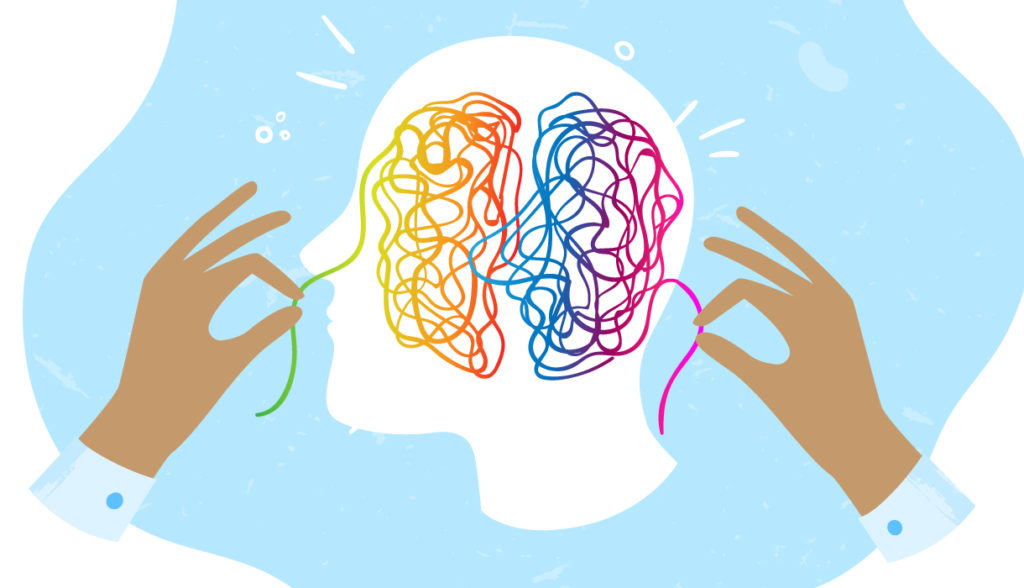
Identifying risk factors for suicide can potentially provide awareness to fight against it. Risk factors are characteristics or circumstances that heighten the likelihood of someone attempting suicide. These include,
Mental Health Conditions:
Conditions like depression, bipolar disorder, schizophrenia, and anxiety disorders significantly increase the risk of suicide.
Substance Use Problems– Untreated substance abuse problems can exacerbate emotional distress and contribute to suicidal tendencies.
Personality Traits– Traits such as aggression, mood swings, and poor relationships can increase vulnerability to suicide.
Physical Health Conditions:
Severe physical health issues, especially those causing chronic pain, can lead to feelings of hopelessness.
Traumatic Brain Injury – Sustaining a traumatic brain injury can alter brain function and increase the risk of suicidal ideation.
Environmental Factors:
Access to lethal means like firearms and drugs, prolonged stress (e.g., harassment, unemployment), and exposure to others’ suicides or sensationalized accounts can elevate risk.
Historical Factors:
Previous Suicide Attempts- Individuals who have previously attempted suicide are at a higher risk of future attempts.
Family History- A family history of suicide can indicate a genetic predisposition to suicidal thoughts and behaviors.
Childhood Adversity- Experiences of abuse, neglect, or trauma during childhood can leave lasting emotional scars and contribute to suicidal tendencies.
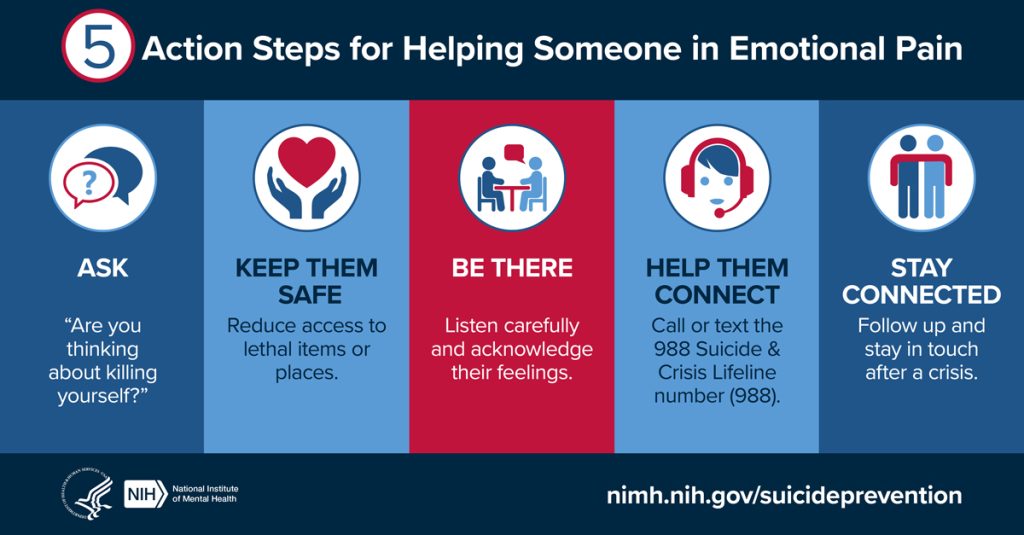
There also exists a number of elements that mitigate the risk of suicide of someone who is vulnerable. These include:
Access to Mental Health Care– Having a properly educated mind about mental health in a proactive manner and seeking mental health support and treatment when in need is a really powerful protective factor.
Social Connections– Building healthy relationships with individuals who are emotionally safe is a key fact to withstand depressing periods. Feeling connected to family and community support networks provides emotional resilience.
Interpersonal Skills– Strong problem-solving and coping skills enable individuals to better navigate life’s challenges. This can potentially drive someone’s interest in their self-worth at every point of challenging times.
Limited Access to Lethal Means– Reduced access to potentially lethal methods of self-harm can prevent impulsive acts of vulnerable victims of severe depression.
Cultural and Religious Beliefs– Being involved in religious acts, and teachings that lead to high moral values is a blessing. Beliefs that encourage help-seeking, discourage suicidal behavior, and instill a sense of purpose or self-esteem can provide vital support.
Warning Signs of Suicide
Identifying warning signs can be crucial in preventing suicide and saving someone else’s precious life. Look out for:
Talk– When someone talks about feeling hopeless, being a burden to others, or having no reason or will to live, take their words seriously.
Behavior– Watch for behavioral changes, particularly if they are related to a painful event, loss, or significant life change. Increased substance use, withdrawal from activities, isolation, and giving away prized possessions are red flags.
Mood– Pay attention to shifts in mood, such as depression, anxiety, irritability, or sudden relief after a period of distress.
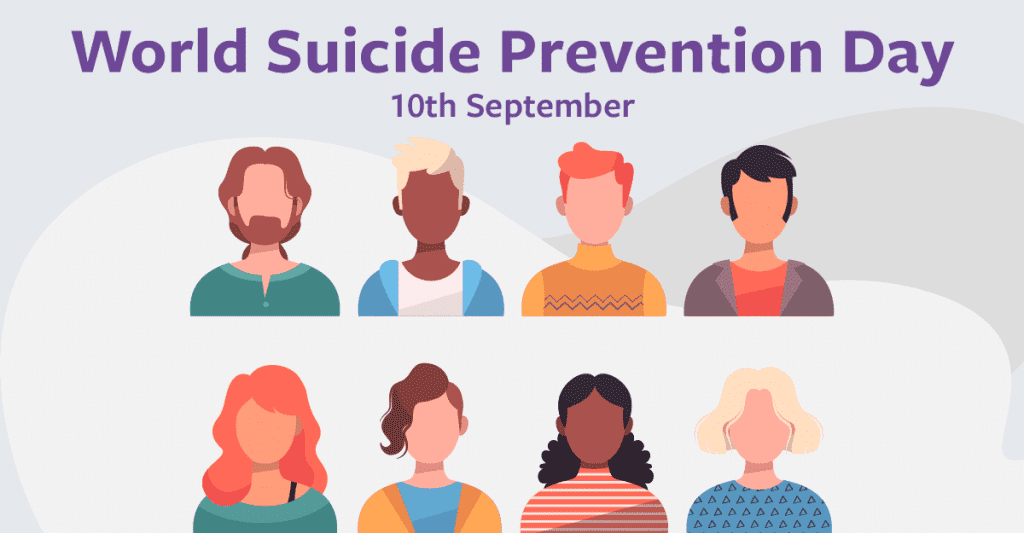
Understanding the complex interplay of causes, risk factors, protective measures, and warning signs is essential in the fight against suicide. By promoting mental health awareness, offering support, and encouraging open conversations, we can collectively work towards reducing the tragic toll of suicide on individuals, families, and communities. Together, we can foster hope, save lives, and break the silence surrounding this critical issue. By suicide, people don’t really mean ending their lives. Though there are tons of happy reasons in the world to remember and rejoice, there are intensely dark periods in people’s lives.
Depressed people certainly cannot just snap out of their depression, it’s a serious mental illness just as normal as physical health conditions. Most importantly, they are incapable of controlling their moods and emotions because they occur due to chemical imbalances inside the brains that are not in anyone’s control.
Next time you hear about suicide, about depression, consider yourself empathic and extend your kindness without throwing judgments at it. And if suicide ever crosses your mind, know that you are not alone, you are heard, and valued. Your life, your soft heart, and your delicate soul matter to this world. Reach out and step towards light, there’s absolute hope and happiness out of every dark cloud!
Written by: Rtr. Gayanjalee De Silva
Graphic design by: Rtr. Sathmi Dinanja

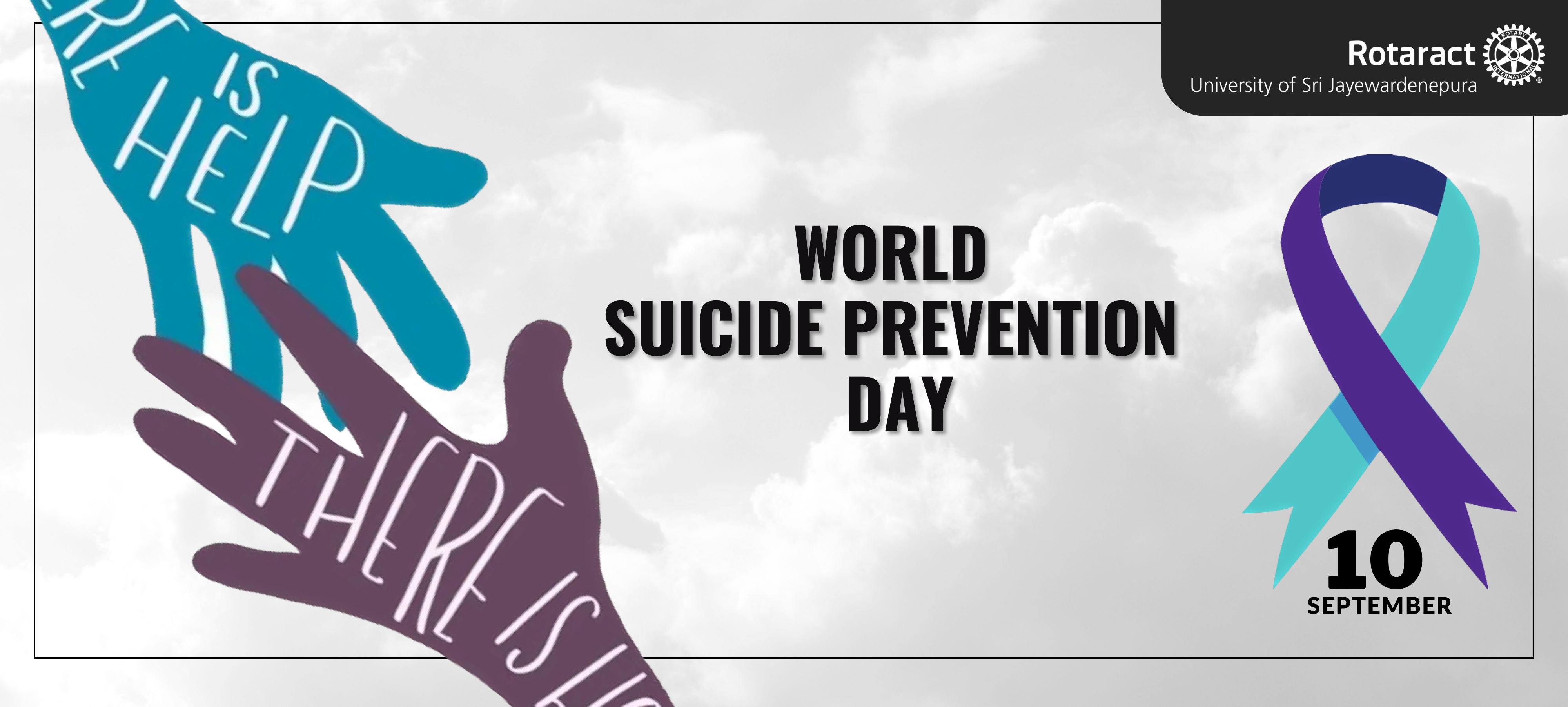
0 Comments